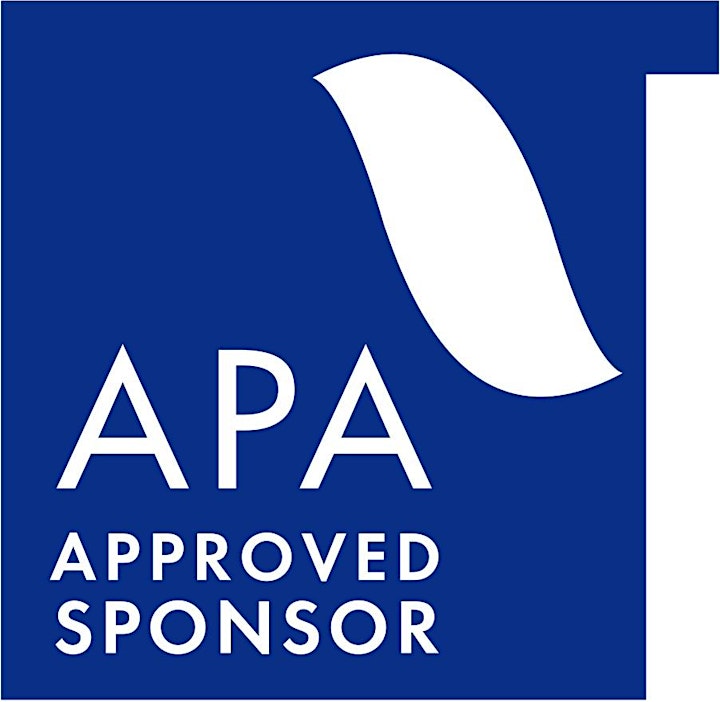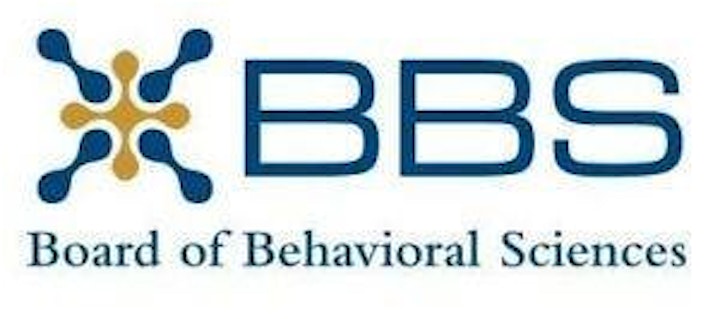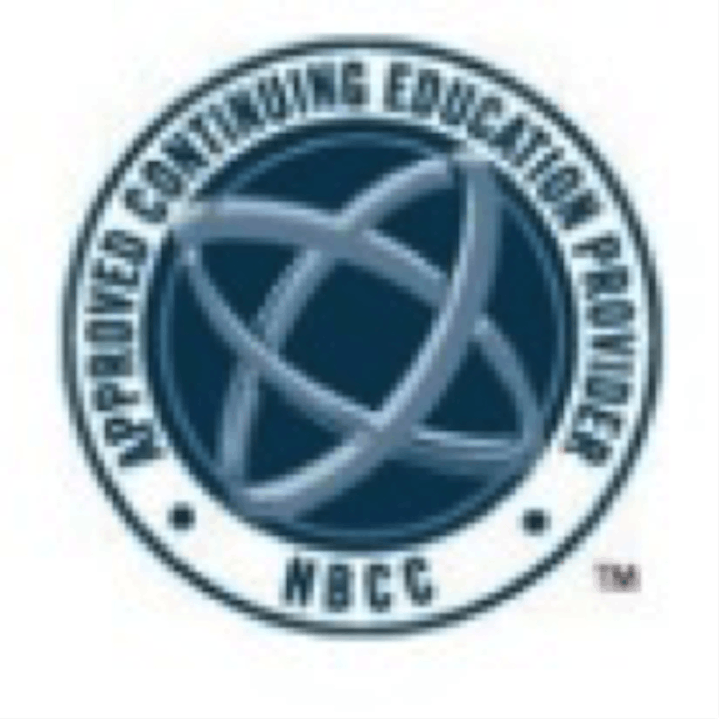
- This event has passed.
Relational Ethics: Enhancing the Therapeutic Relationship
October 10, 2020 @ 1:00 pm - 3:00 pm CDT
Relational Ethics: Enhancing the Therapeutic Relationship
Saturday October 10, 2020
1:00pm-3:00pm ET
Event held online via Zoom Link, link to access provided upon registration
This program, when attended in its entirety, offers 2.0 CEs for Psychologists and 2 BBS California CEUs for LMFTs, LPCC’s and LCSW’s.
Workshop Description:
As the world of mental health practice has grown more complex, our codes of ethics have gotten lengthier and more prescriptive. Has our ethical decision-making become too rule-bound? Relational ethics offers an alternative approach that focuses on enhancing the therapeutic relationship.
In this workshop Dr. Herlihy will analyze ethical dilemmas related to diversity, value conflicts, diagnosis, wellness, and more through a relational lens. Case scenarios will be used to introduce and explore a relational perspective on ethical dilemmas and their impact on the therapeutic relationship. Implications of relational ethics for therapist beliefs and values will also be discussed, along with new standards in the ACA Code of Ethics.
Learning Objectives:
By the end of the program participants will be able to:
1. Explain the concept of relational ethics.
2. Analyze and delineate ethical dilemmas that impact the therapeutic relationship through a relational lens.
3. Critique aspects of counseling codes of ethics from a relational perspective
Professional Bio of Presenter:
Dr. Barbara Herlihy is a Professor in Practice at the University of Texas at San Antonio, and is Professor Emeritus in the College of Education and Human Development at UNO. A prolific writer, she is co-author (with Gerald Corey and with Theodore Remley) of three current books on counselor ethics, and has authored or co-authored over 80 journal articles and book chapters. She is a past recipient of the SACES Courtland Lee Social Justice Award and the ACES Distinguished Mentor Award. Currently, she serves as an Associate Editor of the Counseling & Values journal and has just completed a 3-year term on the ACA Ethics Committee. Her professional interests include ethics, social justice and advocacy, transcultural counseling, and feminist therapy. She is passionate about furthering the ethical globalization of the counseling profession. She has presented seminars and workshops across the U.S. and in other countries including Mexico, Venezuela, Malta, and Italy.
Program Standards and Goals:
This program meets APA’s continuing education Standard 1.2: Program content focuses on ethical, legal, statutory or regulatory policies, guidelines, and standards that impact psychological practice, education, or research.
This program meets APA’s continuing education Goal 3: Program will allow psychologists to maintain, develop, and increase competencies in order to improve services to the public and enhance contributions to the profession.
References:
Remley, T. P., Jr., and Herlihy, B. (2020). Ethical, legal, and professional issues in counseling (6th ed.), Upper Saddle River, NJ: Merrill/Prentice Hall.
Herlihy, B., & Corey, G. (2015). ACA Ethical standards casebook (7th ed.). Alexandria, VA: American Counseling Association.
Herlihy, B., & Painter, E. (2019). Ethical issues in multicultural counseling. In C.C. Lee (Ed.), Multicultural issues in counseling: New approaches to diversity (5th ed.; pp. 255-271). Alexandria, VA: American Counseling Association.
Herlihy, B., James, A. E, & Taheri, K. S. (2018). Social justice and counseling ethics. In C. C. Lee (Ed.), Counseling for social justice (3rd ed.; pp. 334-360). Alexandria, VA: American Counseling Association.
Herlihy, B., Hermann, M.A., & Greden, H. (2014). Legal and ethical implications of using religious beliefs as the basis for refusing to counsel certain clients. Journal of Counseling & Development, 92, 148-153.
Herlihy, B., & Dufrene, R. (2011). Current and emerging ethical issues in counseling: A Delphi study of expert opinion. Counseling and Values, 56, 10-24.
Continuing Education:
Target Audience: Professionals from all mental health disciplines and graduate students from all mental health disciplines.
Psychologists. The Chicago School of Professional Psychology is committed to accessibility and non-discrimination in its continuing education activities. The Chicago School of Professional Psychology is also committed to conducting all activities in conformity with the American Psychological Association’s Ethical Principles for Psychologists. Participants are asked to be aware of the need for privacy and confidentiality throughout the program. If program content becomes stressful, participants are encouraged to process these feelings during discussion periods. If participants have special needs, we will attempt to accommodate them. Please address questions, concerns and any complaints to Danielle Bohrer at 312-467-2364. There is no commercial support for this program nor are there any relationships between the CE Sponsor, presenting organization, presenter, program content, research, grants, or other funding that could reasonably be construed as conflicts of interest.
MFTs, LPCCs, and LCSWs. Course meets the qualifications for continuing education credit for MFTs, LPCCs, and/or LCSWs as required by the California Board of Behavioral Sciences. If you are licensed outside of California please check with your local licensing agency to determine if they will accept these CEUs. The Chicago School of Professional Psychology is approved by the California Board of Behavioral Sciences (BBS) to offer continuing education programming for MFTs, LPCCs, LEPs, and/or LCSWs. The Chicago School of Professional Psychology is an accredited or approved postsecondary institution that meets the requirements set forth in Sections 4980.54(f)(1), 4989.34, 4996.22(d)(1), or 4999.76(d) of the Code.
Participation Certificate. The Chicago School of Professional Psychology is able to provide students and other participants who simply wish to have documentation of their attendance at the program a participation certificate.
Non Psychologists. Most licensing boards accept Continuing Education Credits sponsored by the American Psychological Association but non-psychologists are recommended to consult with their specific state-licensing board to ensure that APA-sponsored CE is acceptable.
*Participants must attend 100% of the program, and pass a brief comprehension quiz, in order to obtain a Certificate of Attendance.
The Chicago School of Professional Psychology is approved by the American Psychological Association to sponsor continuing education for psychologists. The Chicago School of Professional Psychology, Washington DC Campus has been approved by NBCC as an Approved Continuing Education Provider, ACEP No. 3061. The Chicago School of Professional Psychology maintains responsibility for this program and its content. In order to receive CE credit for this program, participants must participate in the live webinar session.



